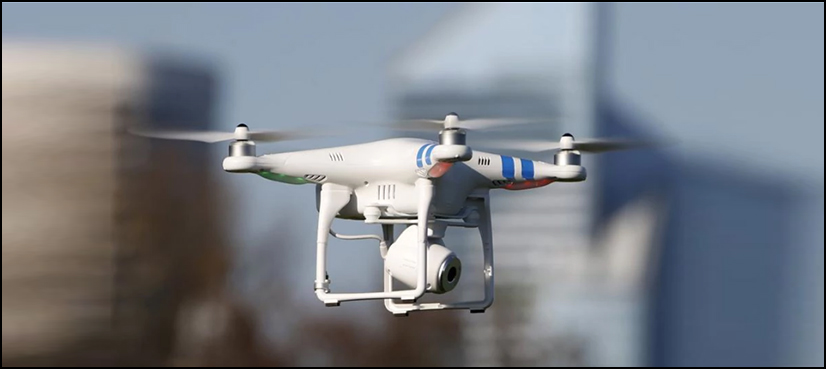
BEIJING: China has developed a new drone system for weather modification operations, to help rainfall in drought hit regions in the country.
The drone system, having low-maintenance cost, and quick deployment, completed its 75-minute maiden flight from an airport in northwest China’s Shaanxi Province, proving the machine’s safety and capabilities of its air-borne facilities.
Among the UAV’s new functions are laser-microwave dual detection, and remote-sensing in-situ detection, according to an institute under the China Aerospace Science and Technology Corporation.
The success of its maiden flight marks a breakthrough for China-made unmanned aerial vehicles (UAVs) used in multiple-functional remote-sensing detection for weather modification.
China uses UAVs and rockets to assist its fight against drought in the country’s southwest region.
As several regions in Southwest China including Sichuan province facing the worst heatwave in decades, China has moved to use high-tech equipment like unmanned aerial vehicles (UAVs) or even rockets to help fight the extreme weather.
On Thursday, a Wing Loong-2H UAV took off from an airport in Sichuan and carried out weather modification operations. During the nearly 4-hour flight, the drone ignited 20 silver iodide flame bars to create “artificial rain” for the drought-hit region, according to information shared by the Aviation Industry Corp of China.
According to reports of Chinese media weather modification rockets have successfully provided water for regions like Sichuan’s Mianyang city easing drought and reduced the risk of forest fires.
Several regions in China have been hit with abnormal heatwaves recently, putting pressure on local power supplies. Officials have moved to tackle the situation with multiple measures, including by ordering industrial companies to suspend production in order to guarantee power supply for residents.
from Science and Technology News - Latest science and technology news https://ift.tt/LXvMCm9



